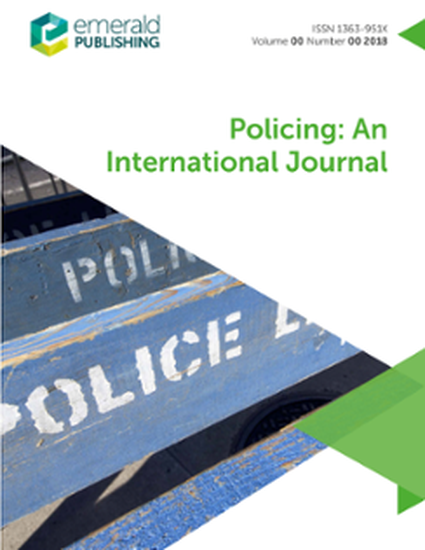
Article
The Continued Marginalization of Campus Police
Policing: An International Journal
(2020)
Abstract
Purpose – The purpose of this paper is to examine a campus community’s knowledge and acceptance of their campus police as “real” police.
Design/methodology/approach – Using the liminality theoretical framework, this study surveyed students, faculty, staff, and administrators (n ¼ 1,484). Students were surveyed in-person, while staff, faculty, and administrators participated through an e-mail link to an online survey.
Findings – Results indicate that campus police are stuck in a liminal state. While 80 percent of the sample thought campus police should be armed, almost two-thirds (64 percent) did not know or were unsure of campus police officer tasks and three-quarters (75 percent) did not know or were unsure of campus police training requirements.
Research limitations/implications – The participants come from one university campus, so the generalizability of the sample is limited.
Originality/value – This study provides more evidence of the marginalization of campus police. Specifically, this study highlights that a majority of participants could not or were unable to identify campus police officers’ training and duties. Instead of using small qualitative samples, this study utilized over 1,400 participants on one campus, which provides more explanatory power about the perception problems of the campus police. This study also continues to advance and expand liminal theory.
Keywords
- campus police,
- liminal theory
Disciplines
Publication Date
August 15, 2020
DOI
https://doi.org/10.1108/PIJPSM-04-2016-0055
Citation Information
Ryan Patten, Lucas Alward and Matthew Thomas. "The Continued Marginalization of Campus Police" Policing: An International Journal Vol. 39 Iss. 3 (2020) p. 566 - 583 Available at: http://works.bepress.com/lucas-alward/12/
